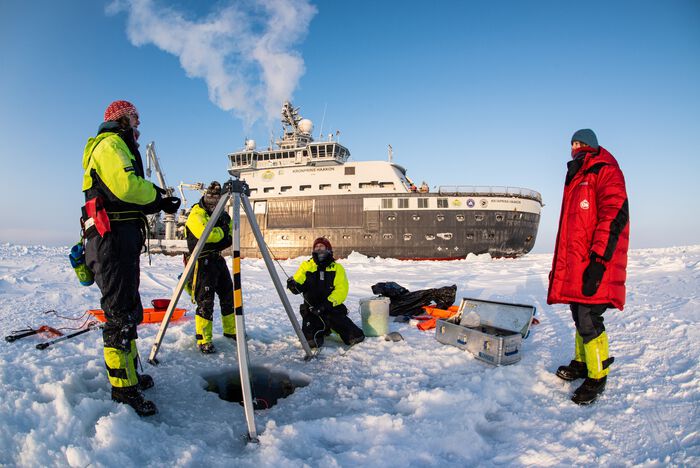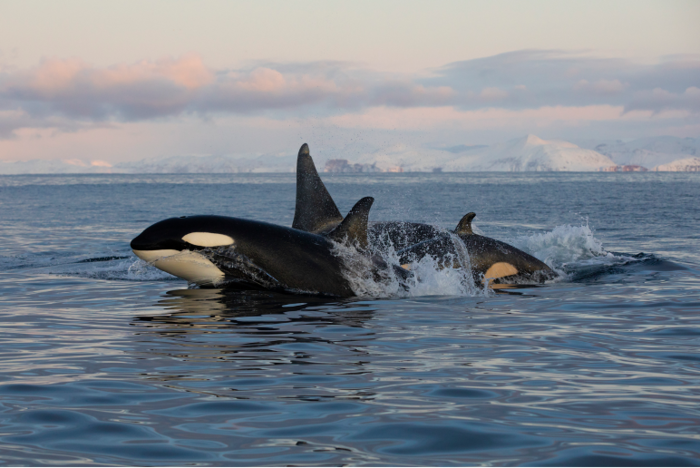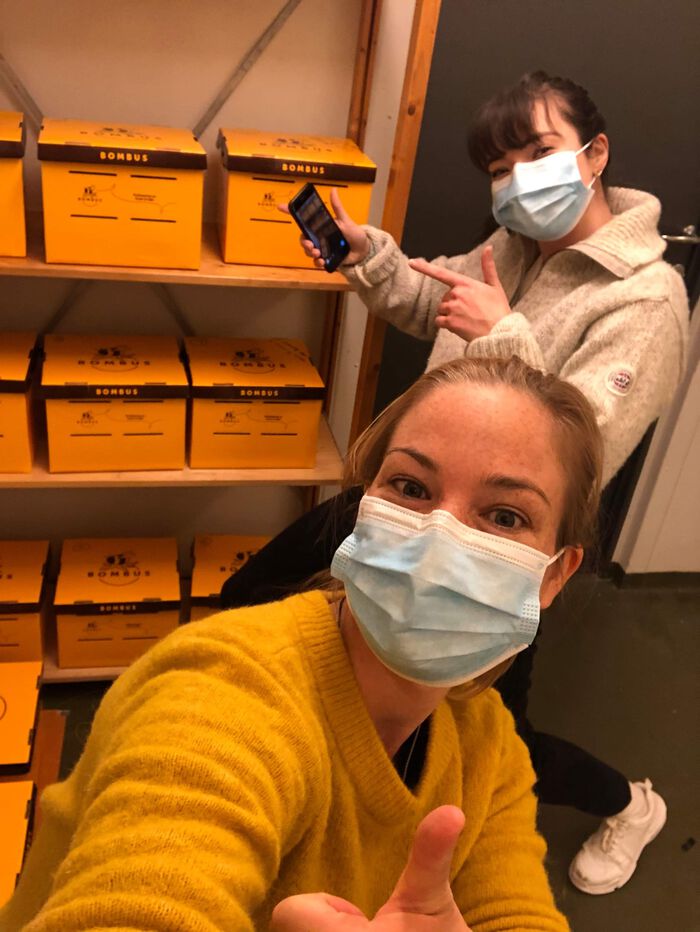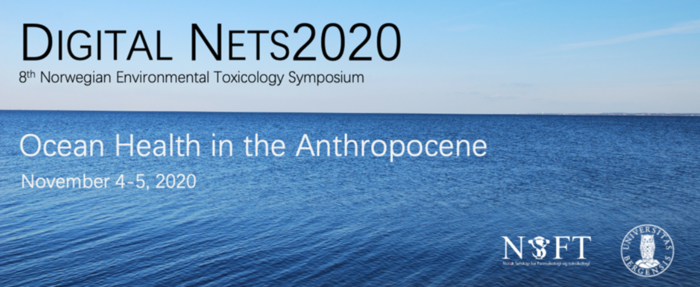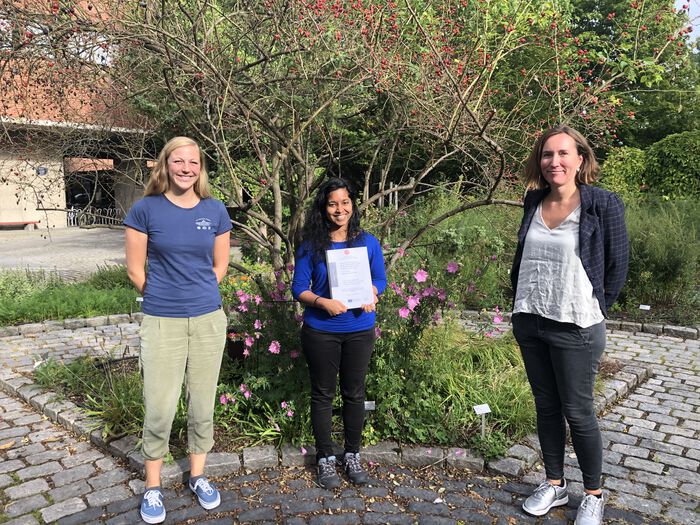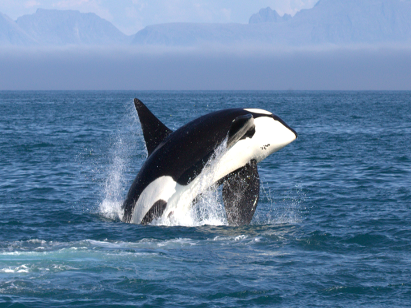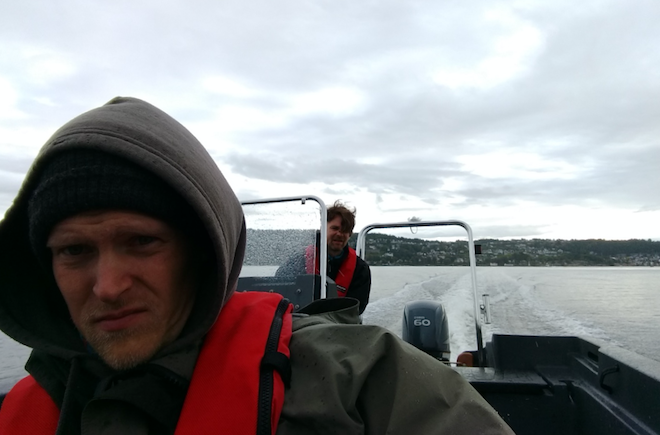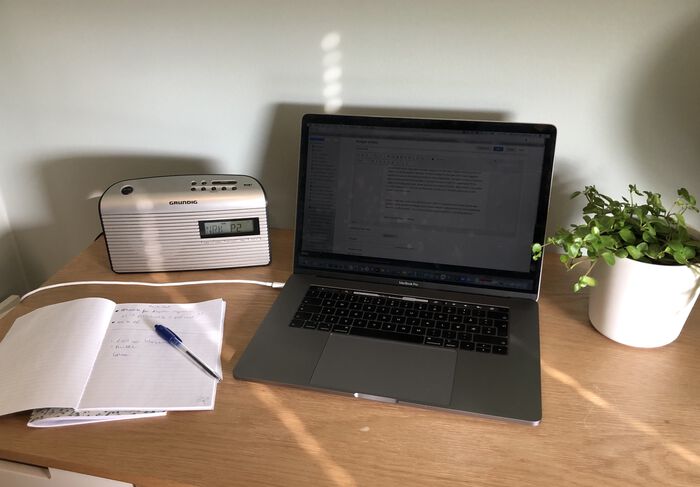Throwback Thursday - to when we set up Jan´s dream experiment in Drøbak: Testing how combined exposure to predation risk and sub-lethal copper concentrations may affect copepods across multiple generations.
News and Blog
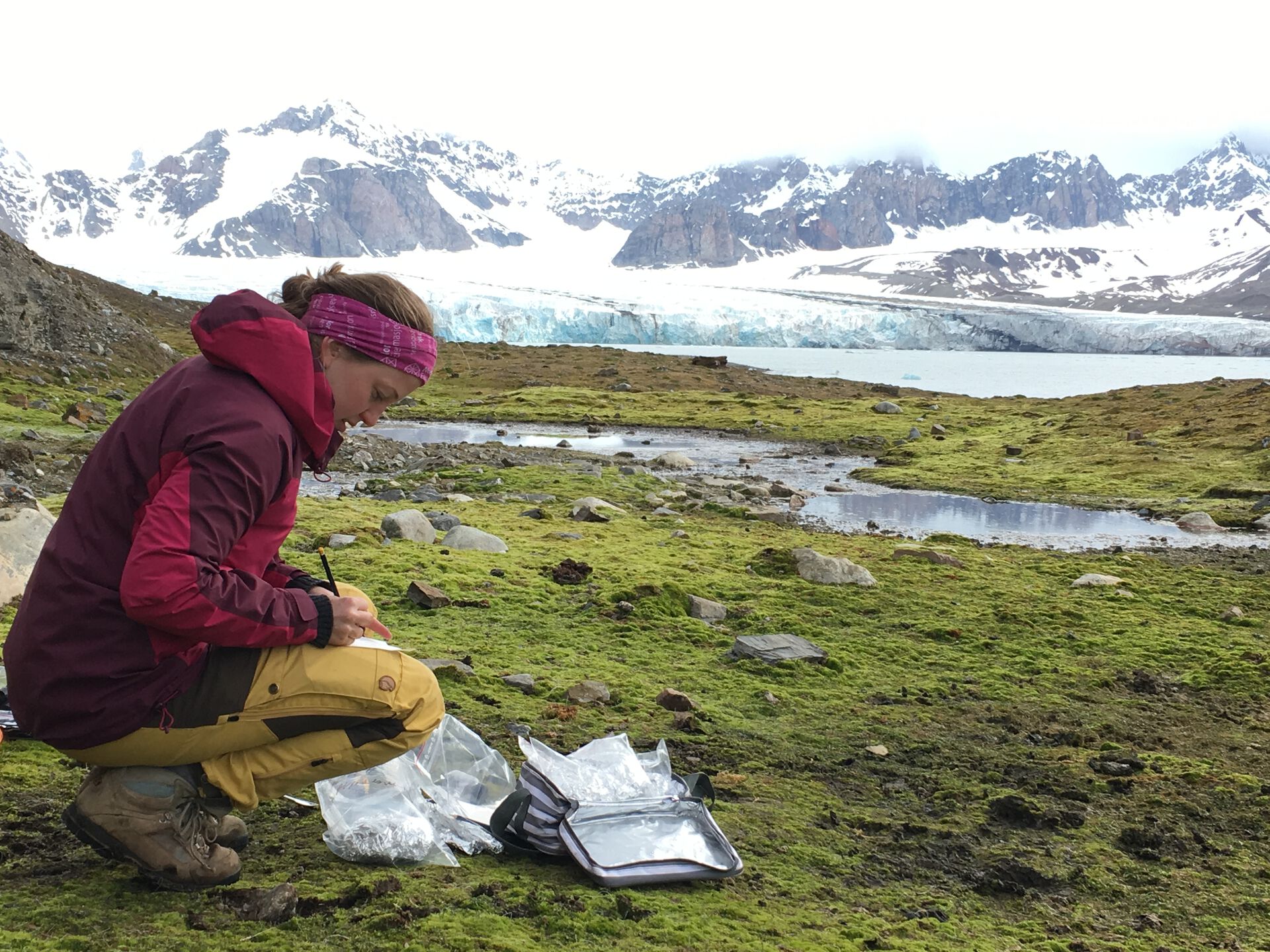
Field work in the Arctic Photo: Katrine Borgå
Katrine Borgå's research group study contaminant dynamics across and within ecosystems.
Early this year, our annual Borgå group meeting took place at the Drøbak Tollboden Research station. Here, we congregated to recap 2022’s many accomplishments and plan for the upcoming year.
How are Norwegian killer whales related, and how does this align with their dietary preferences? Genetics will tell!
After four seasons and four exciting research cruises, I finally finished my PhD field work
Our new project MULTIWHALE began on 1st June 2021. This project will look at the effects of multiple stressors on Norwegian killer whales.
A few weeks back, we (MULTICOP) conducted the last of in total three tests of food preferences in the coastal copepod Tigriopus brevicornis for three different algae species.
After a one-year delay in our fieldwork due to COVID-19, we are finally getting ready to get back to the Arctic!
For the last two years, we have been running an experiment in a climate room in the basement of the Biology building at the University of Oslo, investigating the effect of an insecticide (clothianidin from the group neonicotinoids) on bumblebees, as a part of the research project NEOPOLL
Our research group attended the Norwegian Environmental Toxicology Symposium (NETS) conference earlier this month, and the group was represented in several sections of the meeting!
In a new publication, our former master student Helene Thorstensen compared concentrations of legacy persistent organic pollutants (POPs), per- and polyfluoroalkyl substances (PFASs), and Mercury (Hg) in blood and eggs of the herring gull and common eider to assess their roles as contaminant monitoring species in urban environments.
Our group member Clare Andvik’s master thesis looked at the differences in pollutants between seal and fish-eating killer whales. We are excited that the results have now been published in the journal Scientific Reports!
In collaboration with the UiO Department of Biosciences and the UiO science library, VEGA scene is showing the 2019 film Dark Waters throughout June.
With the start of the new MULTICOP project, two new, but at the same time old members join our group - Torben Lode and Jan Heuschele.
In these unusual and worrying times of the corona pandemic, most of us are staying safe in our own home in solidarity with each other. We in the research group, at least, are lucky to be able to work from home. While we wait for the virus spread to decline, it might be in need to think about something else between news updates. We therefore below shamelessly recommend some radio podcasts involving group members from relatively recent times. OBS! These radio shows are all in Norwegian, unfortunately!



